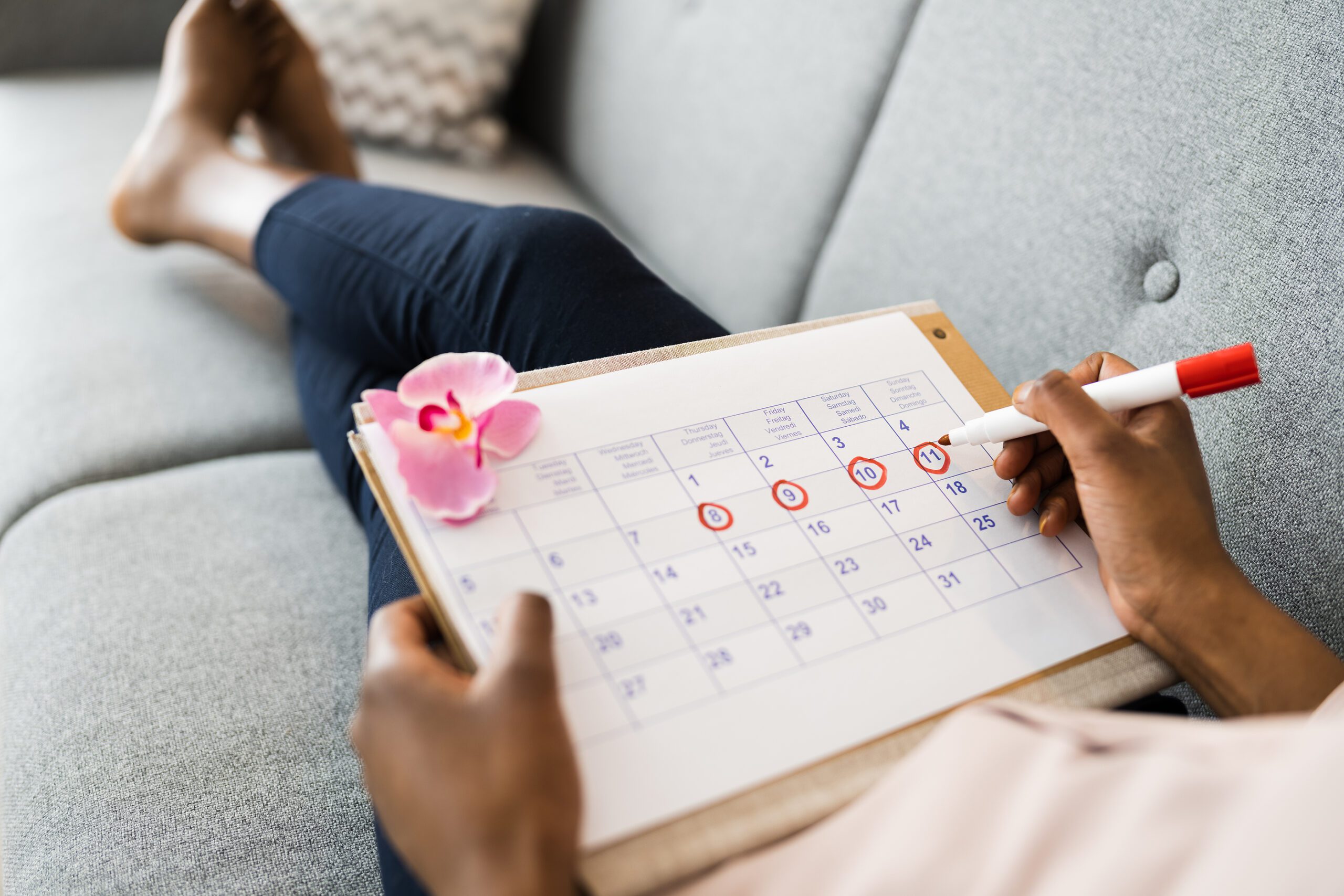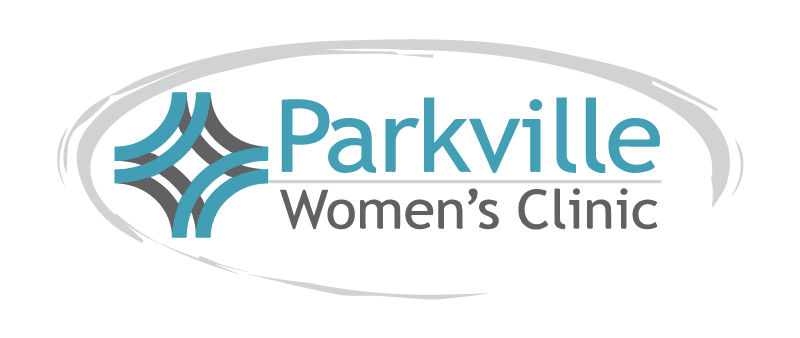Did you know your menstrual cycle isn’t over when your period ends? Your period is only day 1 of an average 28-day menstrual cycle.
There are four phases of the menstrual cycle, and each phase is equally unique and important.
Here is everything you might not know about how your natural body works and what you can expect physically and emotionally during each menstrual phase.
Why is knowing about my menstrual cycle important?
Your menstrual cycle can tell you a lot about your health. It can help you understand what is typical for your body like if your periods are regular, what symptoms are normal, and when you’re most likely to get pregnant.
Understanding your body and each phase of your menstrual cycle can help you navigate physical and emotional changes and help you gain a sense of control, understanding, and love for your body.
The Menstrual Cycle
The menstrual cycle is the monthly series of hormone changes a woman experiences. These hormones cause your body to respond in certain ways.
An average menstrual cycle is 28 days. However, a normal menstrual cycle can range anywhere between 21-35 days.
Your menstrual cycle is broken up into four unique phases: menstrual phase, pre-ovulatory phase, ovulatory phase, and luteal phase. Understanding each phase can help you determine which phase you are in, what to expect physically and emotionally during each phase, and when you are most likely to get pregnant.

The 4 Phases of the Menstrual Cycle
Menstrual phase – Week 1 (approx. 5 days)
Least likely to get pregnant
The menstrual phase begins on the first day of your period. This phase is the shedding of the uterus lining and is a sign of no pregnancy. During this time blood will flow for 3 to 7 days.
Estrogen and progesterone are at their lowest point during this time. The menstrual phase lasts approximately 5 days.
What can I expect during this week?
Physical changes:
- Bleeding
- Abdominal cramping
- Lower back pain
- Bloating
- Sore Breasts
- Fatigue
Mood changes:
- Tendency to reflect
- Low motivation to do activities
- Prefer to stay in and rest
- Calm and peaceful mood
- Food Cravings
Pre-Ovulatory Phase – Week 2 (approx. 4-6 days)
Not likely to get pregnant
During the pre-ovulatory phase, hormones begins to increase, and an egg begins to grow. The Follicle Stimulating Hormone (FSH) causes one egg to ripen inside a pod-like structure on one of the ovaries. This is called a follicle. As the follicle grows it produces estrogen.
This phase last approximately 4 to 6 days.
What can I expect during this week?
Physical changes:
- Increase of dampness or wetness from your vagina
Emotional changes:
- Feeling confident
- More focused
- Your hair and skin look healthy and glowing (due to increasing hormones)
- Your body feels refreshed
- You feel ready to be active
- You desire to connect with others
Ovulatory Phase – Week 3 (approx. 5-7 days)

Highest and only time you can get pregnant
Ovulation is the “main event” of your cycle. It happens around day 14 of an average 28-day menstrual cycle. That’s 2 weeks after your period.
As estrogen is peaking, you will observe several days of clear, wet, stretchy cervical fluid. This is a healthy indicator that ovulation is approaching.
Ovulation happens due to a surge in Luteinizing Hormone (LH) that occurs 24 hours before ovulation. When you ovulate, the egg is released from your ovary for potential fertilization.
Ovulation is the only time you can get pregnant during your cycle. If intercourse happens during the five days leading up to ovulation or the 24 hours after ovulation, there is a chance of pregnancy.
After ovulation has occurred your cervical fluid will lessen or dry up.
What can I expect this week?
Physical changes:
- Clear, wet, stretchy cervical fluid
- Slight abdominal cramping
Emotional changes:
- Feeling upbeat
- Lots of energy
- Increase desire for sex
Luteal Phase – Week 4 (approx. 13-14 days)
Unlikely to get pregnant
The luteal phase is the time when your body is preparing for the fertilization of new life.
The follicle that released the egg during ovulation has now become a new cyst called the corpus luteum. It is what produces the hormone progesterone. Progesterone prepares the lining of the uterus for a potential pregnancy by making it thicker and adding nutrients needed to develop a life.
By this time, you have either already conceived and are pregnant or you are past the point of possible conception and your next menstrual cycle will begin soon. If a pregnancy does not occur, hormones decrease. This phase lasts approximately 14 days.
What can I expect this week?
Physical changes:
- Your cervical fluid will be less or even dry
Emotional changes:
- Tired
- Desire to draw inward
- Calming time to reflect and be still
- Beginning signs of PMS (premenstrual symptoms)
- Irritability
- Feeling down
- Fatigue
- Food cravings
After the menstrual cycle is over
If no pregnancy occurs during your menstrual cycle, your menstrual flow will begin, and your cycle will start over.
It’s important to remember all women’s bodies are unique and each menstrual cycle is different. Some women have irregular periods, some may ovulate closer to or further from their periods, and some might not know when their last period was.
What’s normal for you and your body might look different from what this article indicates. If you are concerned about your menstrual cycle, make an appointment with your healthcare provider to ensure everything is normal.
Where can I learn more?
A great place to begin understanding more about the four phases of your menstrual cycle is to read more at FEMM. You can also download their app to help you make sense of your cycle, symptoms, and track when you are most likely to get pregnant.
There is great freedom, confidence, and a sense of control in knowing and appreciating how your body was designed to work.
If you think you might be pregnant, read more about pregnancy symptoms here or schedule a free pregnancy consultation here.

The core of the information provided in this article is derived from “The Happy Girl’s Guide to Being Whole” by Teresa Kenney, WHNP.


Recent Comments